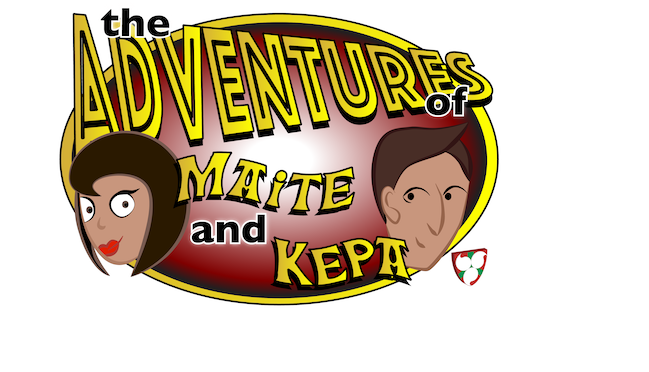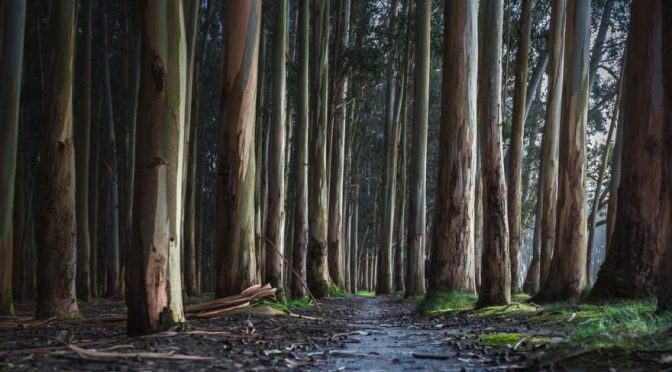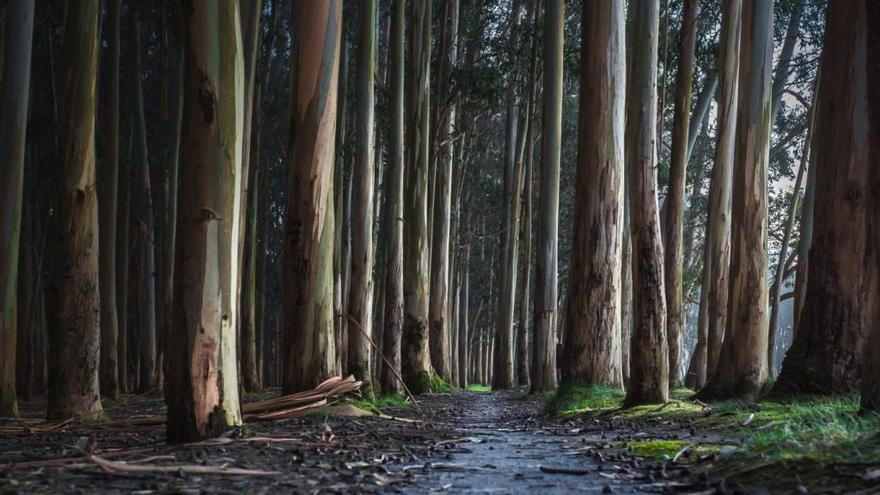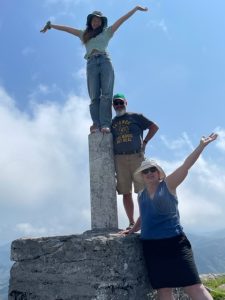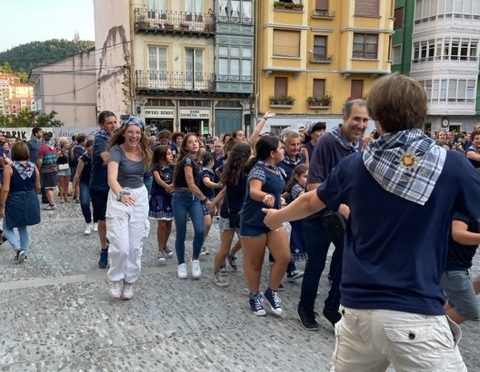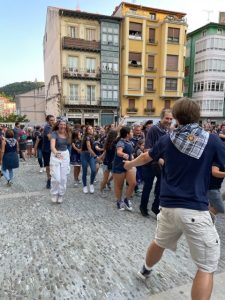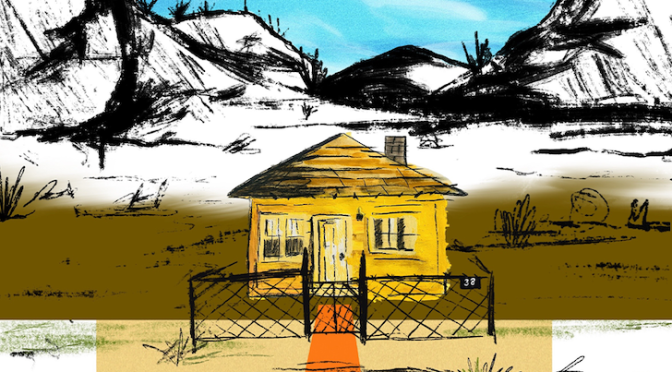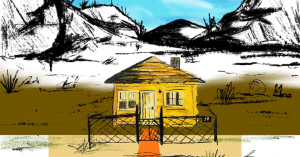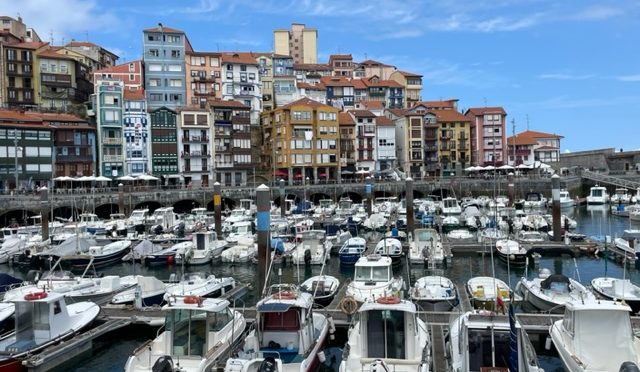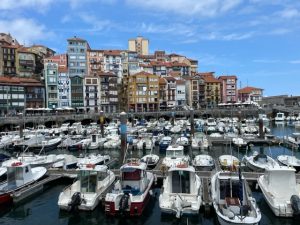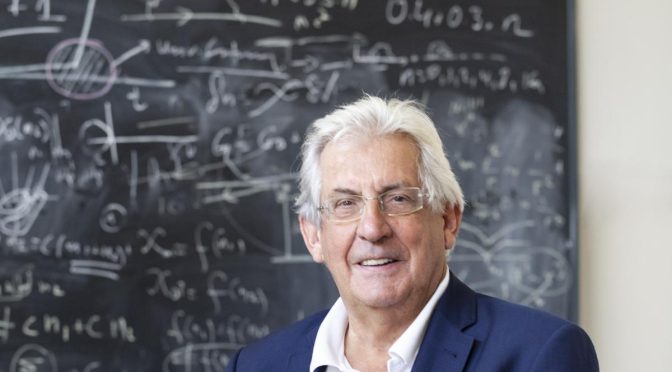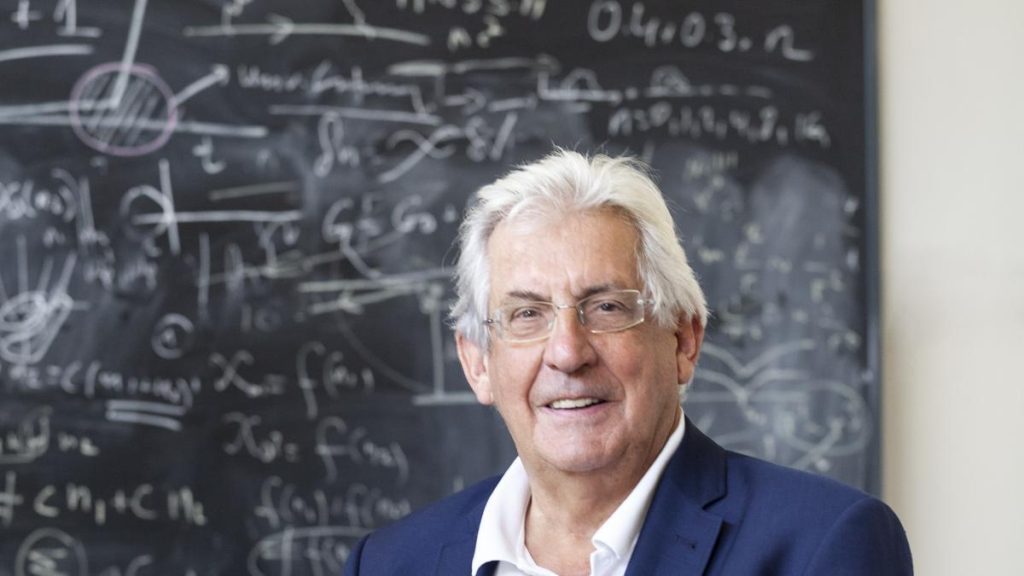Maite slammed the door closed as she got into the car, the rain beginning to cover the windshield. Kepa hesitated a moment, looking at her trepidatiously, before putting the key in the ignition and starting it up.
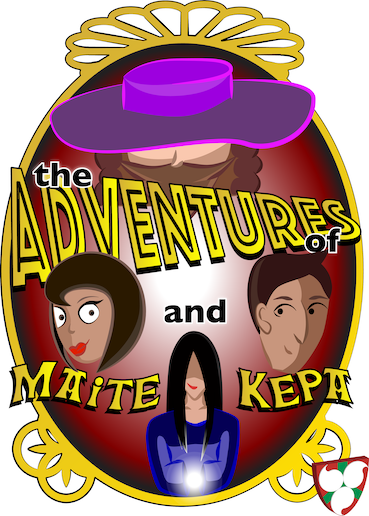
“I can’t believe it,” said Maite as he pulled out of the parking lot and headed toward the road that took them back to Donostia. “She simply doesn’t care what happens to us.”
“I think she does care,” replied Kepa. As Maite shot him a menacing look, he quickly added “She cares that we find the zatiak.”
“Bai, the zatiak. That is all she cares about. You know, de Lancre tried to warn me about her.”
“What?” Kepa jerked and the car swerved a bit before Kepa corrected its course. “When?”
“When we were in future Bilbo. He tried to tell me that Marina was no different than he was, that she was after the power just like he was. I didn’t want to believe it, but now…?” She paused a moment. “I’m not so sure.”
“She’s nothing like him,” replied Kepa. “He just wants to take over everything. Marina wants things back to the way they were.”
“Does she?” asked Maite, looking earnestly at him as he drove down the wet road. “We don’t know what she wants, not really? All we know is that she doesn’t want de Lancre to get the zatiak.”
“And that she doesn’t want them just for herself. We absorb the ones we find, remember?”
Maite looked ahead as their headlights reflected off of the rain drops in front of them. Each rain drop seemed like one of their bubbles, a world unto itself, falling blissfully through time until SPLAT it hit the pavement or their windshield and disappeared. How many bubbles were out there, waiting to be popped by them, or Marina, or de Lancre? Were there more than the number of rain drops that hit their windshield between each swipe of the wiper blades? More than would fall in Euskadi during the drive home?
She sighed. “I guess I’m just tired,” she finally said. “You are right, Marina is an infinitely better choice than de Lancre. But, I find it hard to trust her.”
“I agree with you on that,” said Kepa. “She hasn’t been forthcoming and the way her other selves are fracturing, I’m not sure we should even think about trusting her. But, I am sure we can’t trust de Lancre. After what he did to Blas and the rebels in Bilbo? He’s ruthless and will do whatever he has to to get power.”
“You know, you would make a great lawyer. Or maybe politician.”
“Huh? Why do you say that?”
“You just have a great way of laying things out so that the only obviously good answer is the one you want me to pick.”
Kepa sort of frowned. “I’m not trying to swindle you…” he began.
“Ez! That’s not what I meant!” Maite sighed again. “I simply meant that you make the choices very clear. When all I see is a muddled mess of grey, you help me see the black and the white.”
“I guess that is the scientist in you – nothing is ever fully resolved. There is always more to know. Everything has a caveat.”
Maite paused. “Maybe. But, in this case, there is a clear choice. Thanks for reminding me of that.”
Kepa smiled. “Noski.”
If you get this post via email, the return-to address goes no where, so please write blas@buber.net if you want to get in touch with me.

